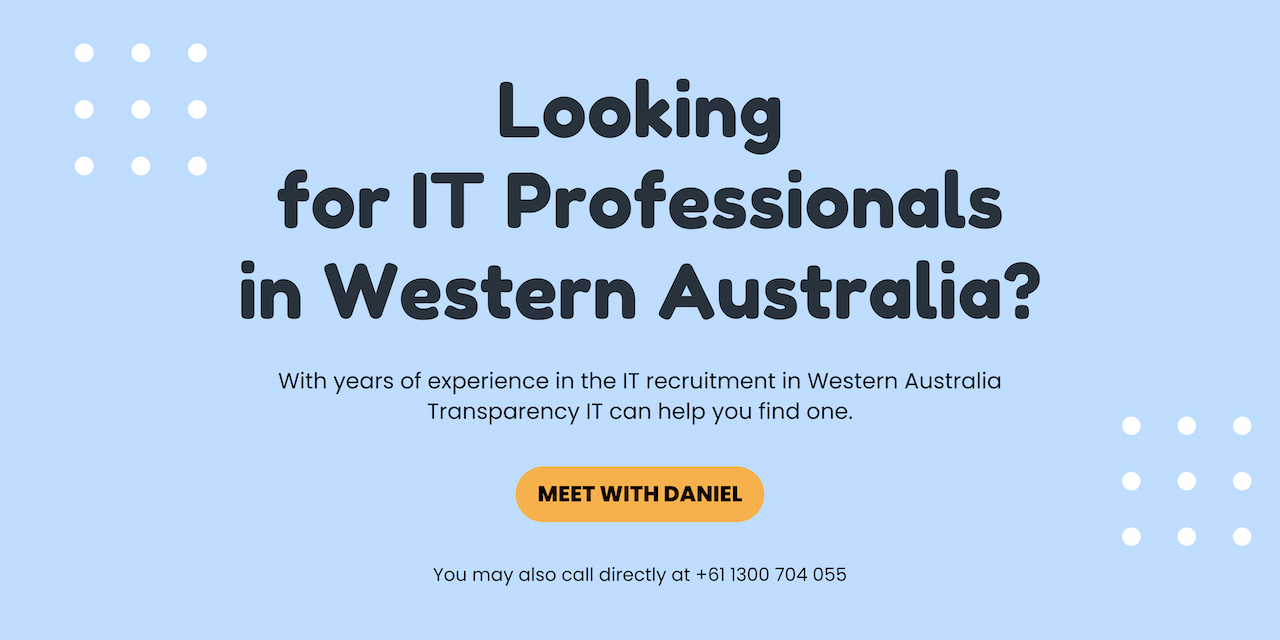It’s hard, right? You’ve got an hour-long interview with the candidate and in that time, you have to work out whether they’re the right kind of person for your organisation. And not just the right kind of person but you also need to do any technical testing to determine their skills for the role as well.
Sidenote: I help employers like you find the right candidates. Meet with me here if you need help.
Tips on determining cultural fit
So, here are a few quick tips on how to accurately determine cultural fit in a short period of time.
Don’t startle the candidate
Firstly, and I can’t stress this enough, it is imperative that you make sure the candidate is relaxed.
You don’t want to try and catch them off guard. Don’t try and trick them with a particularly hairy question straight off. You want them to trust you. If they don’t trust you then you won’t get the true picture. If they’re too nervous or wary of you then you’re not going to be able to test cultural fit because they simply aren’t going to be themselves.
“Cultural fit” is primarily about knowing who the person really is, in order to know if they fit with your culture, not whether they can give the right answers to questions or state the answers that they think you want to hear rather than answering questions based on who they are.
Ask self-defining questions
So, start off by asking them questions about “Who they are?”, “What motivates them?”, “What gets them out of bed every morning?”, “What drives them in life?”, maybe “What they do after work?”, hobbies and things like that, and “Who they’re influenced by?”, “Who inspires them?”.
By starting off with very general questions around who they are as a person, they’ll feel confident in supplying answers because most people know about themselves. And while listening to their answers, you’re looking to drill down on certain areas, not areas that necessarily interest you but areas where you feel you’ll be able to open up a deeper vein of conversation which will encourage them to keep talking and tell you more about themselves.
What you’re doing in this section of the interview is simply listening to what they have to say, what’s important to them. This is essential because as they get more relaxed, they will tell you more about themselves and will begin to trust you more the more that you attentively listen to them and their story. And when you listen, really listen. Be genuinely attentive to them and listen hard and also watch their body language.
You’re looking for any clues that would indicate that what they’re saying is genuine or likewise anything that doesn’t seem to match their facial expressions or body language. These are just things to subtlety note, not things to judge them in terms of whether they’re the right cultural fit or not.
Uncover more with specific questions
The next phase of the interview is to drill down further into specific values and beliefs that guide them as a person.
There are a few different ways to this but the way I recommend initially when you don’t have much time is simply to ask them a direct question. Once you’ve got to the point of them feeling relaxed and trusting you ask them “What are the top 3 values that drive you as a person?”.
Some candidates won’t know what a value is and they will ask for it to be defined for them. Others will fall back on some very obvious ones like integrity and honesty, which frankly I think is a given and if that’s the only values they have stated then that would indicate that not a whole heap of thought has gone into what their values are.
We are looking for things that show a degree of thought into a value structure or belief system. And if you’re not getting any joy with specific values or anything other than general platitudes without stories which back them up, it doesn’t necessarily mean they’re not values-driven people, it may just mean that you haven’t found them yet. If that’s the case, what we then need to do is ask further questions that would indicate where they may have had to rely on a value decision in the past and why. Behavioral questions can now help with this.
“Tell me a time in the past where you felt conflicted and you had to make a really difficult choice”. If they don’t give much detail, ask follow up questions by drilling down on the problem, why they felt conflicted and how it was resolved and if they were comfortable with that resolution and would they resolve it in the same way if they had they had their time again. Perhaps a follow up question like “What is it about the situation or company that made you make that decision rather than this decision?”.
Follow up probing type questions can enable you to get a clearer picture of value-based judgement and decisions that are made in a difficult or conflicted situation because that’s when true values come out.
Book a meeting with me if you need help in finding candidates that fit your company’s culture. You may also forward your IT job vacancy here.


